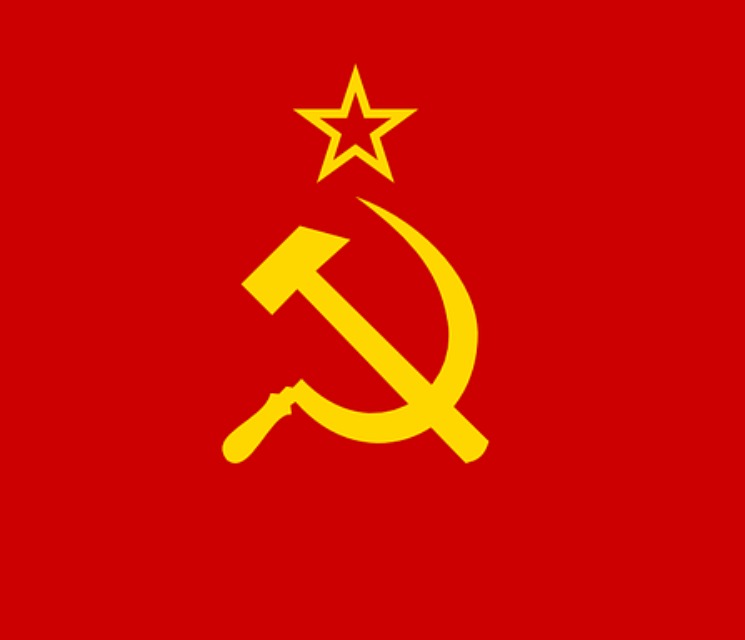Based on the Commission’s continuing, professional contacts with a wide range of experts on Soviet affairs in this country and abroad, this report is a sober, factual survey of Mikhail Gorbachev’s efforts during his first three years as General Secretary of the Soviet Communist Party to promote significant reforms in the politics, economy and society of his country.
The report is designed to contribute to that consistent pressure, for in describing how much has changed or seems to be in the process of changing, it also documents how many fundamental rights of Soviet citizens to freedom of expression, of belief, of movement and of national character remain restricted and unprotected.
There has been much to applaud in the three years of Gorbachev’s rule, especially compared to the repressive actions of his predecessors. The release of many political prisoners from camps and psychiatric prison-hospitals, the rise in the numbers of Soviet citizens permitted to emigrate and to travel, the increasing candor of the official Soviet press and the increasing tolerance shown to unofficial groups and unorthodox points of view are all welcome first steps in the right direction.
They are, however, no more than first steps. And as our reportdocuments, they were taken slowly and could be retracted almost overnight. Until the rule of law establishes a decent balance between the power of the Soviet state and the human dignity of individual Soviet citizens, the latter will always be at risk.








